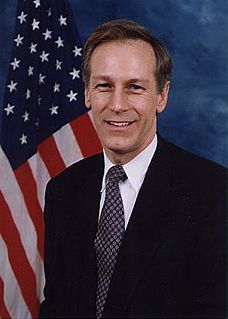A Quote by Jerome Powell
The financial crisis and the Great Recession posed the most significant macroeconomic challenges for the United States in a half-century, leaving behind high unemployment and below-target inflation and calling for highly accommodative monetary policies.
Related Quotes
As the United States continues its slow but steady recovery from the depths of the financial crisis, nobody actually wants a massive austerity package to shock the economy back into recession, and so the odds have always been high that the game of budgetary chicken will stop short of disaster. Looming past the cliff, however, is a deep chasm that poses a much greater challenge -- the retooling of the country's economy, society, and government necessary for the United States to perform effectively in the twenty-first century.
Similar questions were posed to Allende as to me. Allende was told that he blamed everything on a conspiracy, on the economic crisis, that he blamed the high inflation that sabotaged him on the United States, and that he was frequently accusing the little lambs of Nixon and Kissinger of a coup. But everything became known later.
I think the ethos for Gov. Romney is to use a whole variety of policies, of which tax policy is one, to try to raise the rate of growth. We've had a recovery from the financial crisis that would be well below what one might normally expect for a recovery from such a deep recession. And to counteract that we need better tax policy.
The unique aspect of today's monetary inflation is that it is not limited to one country, but a host of countries are all inflating together. As a result of the monetary inflation (when all of the newly created money begins to leave the banks and enter the system), the price inflation will be worldwide.
Let's stop for a second and remember where we were eight years ago [in 2008]. We had the worst financial crisis, the Great Recession, the worst since the 1930s. That was in large part because of tax policies that slashed taxes on the wealthy, failed to invest in the middle class, took their eyes off of Wall Street, and created a perfect storm.


































